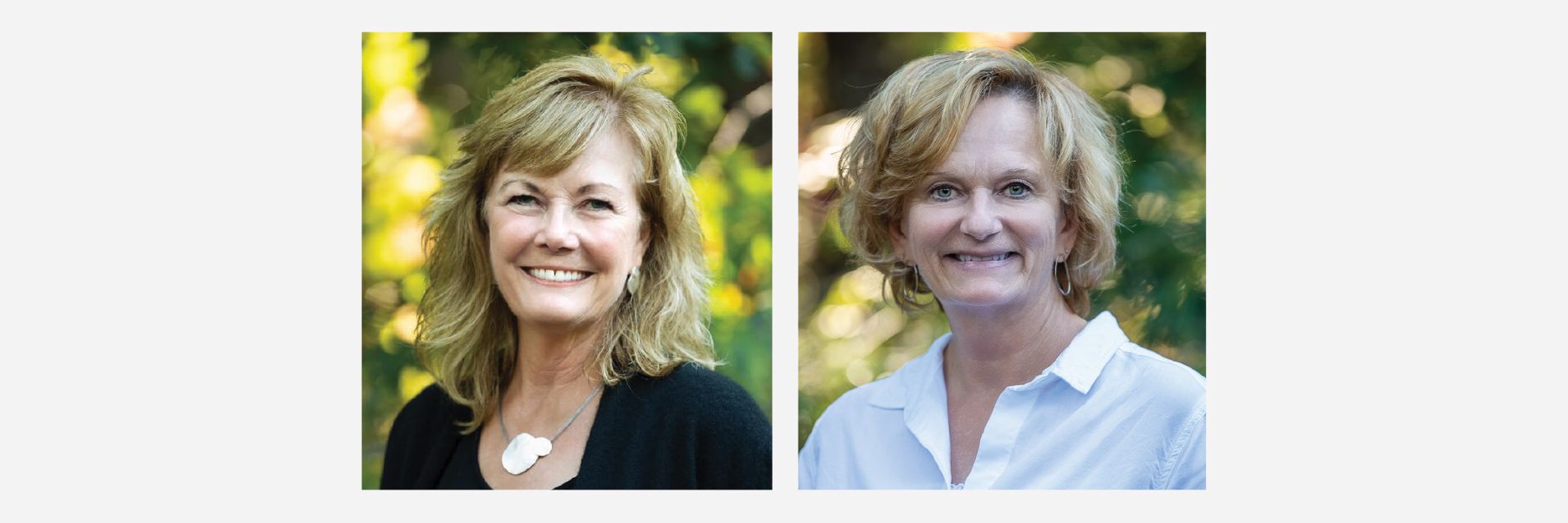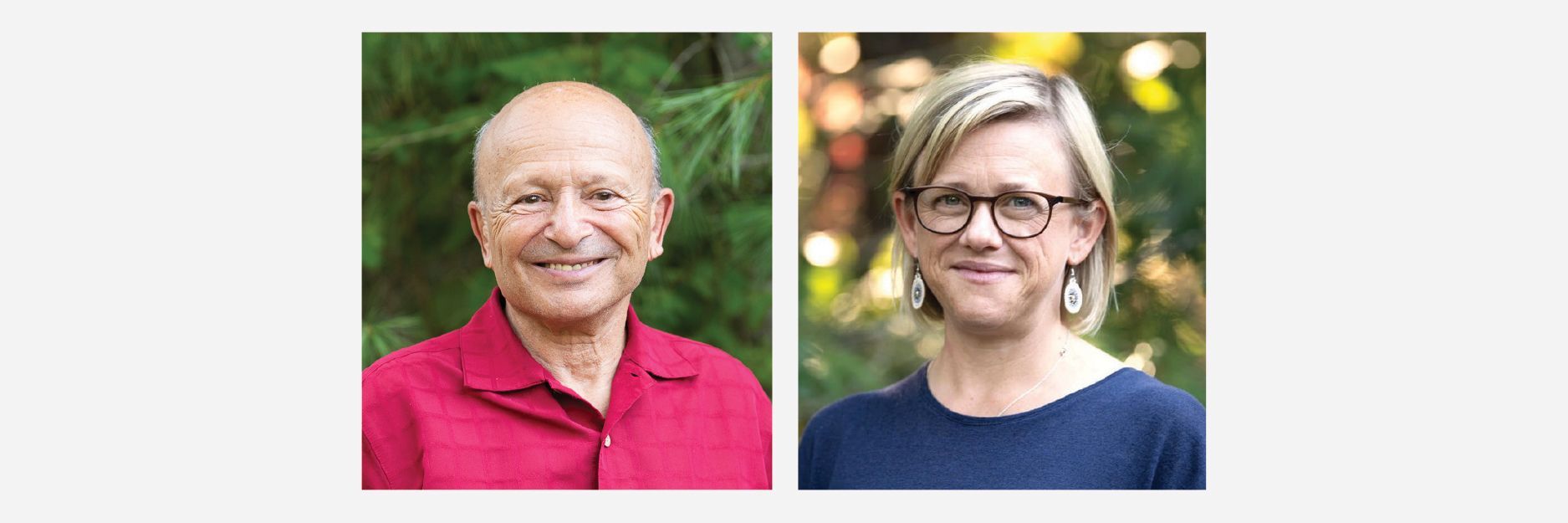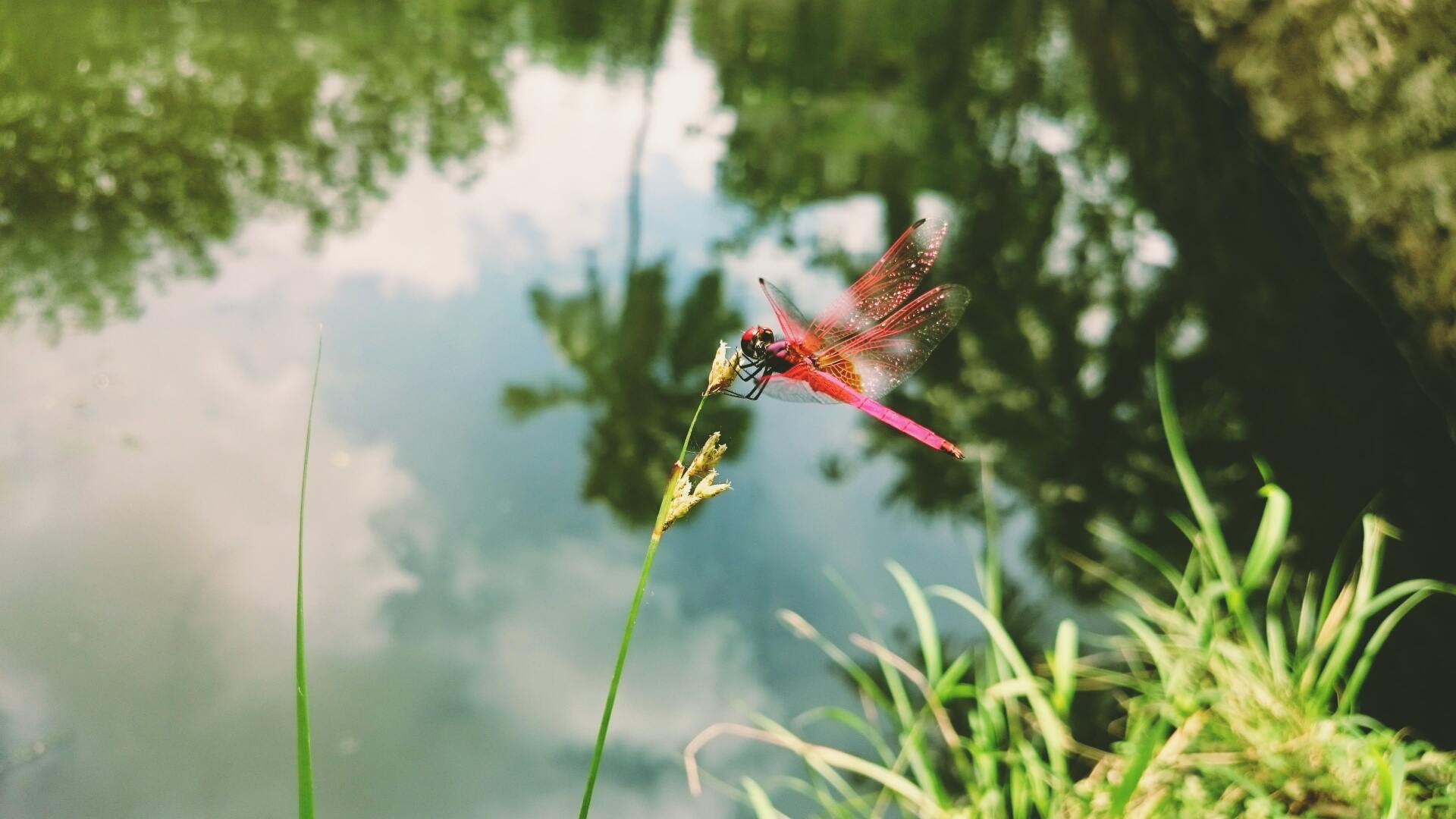Catastrophising
Lucy Ball • April 15, 2020
The "what if?" part of our brain in overdrive.

I really know how to catastrophise. And, at the moment, I think many of you might know it too. Catastrophising or Catastrophic thinking is when our thoughts seem to run away with us, taking us to worse and worse future scenarios in our imaginations. Catastrophic thinking is the ‘what if?’ part of our brain in overdrive. What if this happens? Then that will happen! Oh, and then this! Usually the end of the chain of future scenarios is loss and pain, possibly violence and death.
Firstly, I want to acknowledge that a lot of what we are facing at the moment is real and scary. Loss and pain is real for many people and will continue to be real in the future. I am not about to deny suffering and I’m not about to be unrealistically optimistic about the future. Well-informed, evidence-based predictions don’t always make the future look rosy. And neither should they, just to save us from discomfort. But Catastrophic thinking is not the same as a well-informed, evidence-based prediction. It has a whole different vibe.
Catastrophic Thinking, in my experience, has some recognizable characteristics:
- It thrives when we are alone. It rages on the sofa when the kids have gone to bed and we’re swiping through social media. It has a field day at 3am.
- It isolates us from others. When we are caught up in catastrophic thoughts, it’s hard to hear a loved one tell us that ‘everything will be OK’. Or even worse, we can feel like everyone around us is insane for not seeing things as bleakly as they should.
- It can create a physical and emotional state of hopelessness and despair.
- Studies* have associated catastrophic thinking with increased fatigue, poor attention span and greater pain responses. It is also part of the common experience of those who suffer from anxiety and depression.
I’m not going to tell you to cheer up or that everything will be alright. It is not silly to feel this way. In fact, in many ways, it makes lots of sense. The situation we are in is creating huge uncertainty on many fronts – health, food, work, money, education, family and housing. The very basics of our normal lives are being turned upside down. It’s completely natural for our brains to want to respond by doing something. And catastrophising is one of the things it can do. The ‘what if?’ part of our brain is trying very hard to be useful.
It has helped me to understand my catastrophising as my brain’s response to uncertainty. If I don’t know what could happen, then my brain would rather come up with the worst case scenario than sit with the discomfort of not knowing. It’s a form of control. If I jump to the ‘bad ending’, it’s somehow better than not knowing how the story will end. But if I can practice sitting with the discomfort of uncertainty in the present – even for a few moments, I have less need to jump forward to future scenarios. I can say to myself. ‘Yes, things might get really bad. And the truth is I really just don’t know.’
When I catastrophise, my thoughts are taking me away from ‘now’. There is usually no immediate danger in the ‘now’. And if there were, I’d probably cope somehow. I like Ekhart Tolle’s encouragement that ‘You can always cope with the present moment, but you cannot cope with something that is only a mind projection’.
It has also helped me to think of catastrophic thinking as just one place my attention can go. It’s a hard place to get my attention away from, but it is possible. The way I can sometimes do it, is to remember that, when I’m catastrophising, all of my attention is with my thoughts. But with practice, I can exercise choice about where my attention goes. I can switch my attention from inside my head to things outside me – to my cat, my child, the garden. Or can switch my attention from inside my head to my body – the feeling of my back against the chair or my hand stroking the fabric of the sofa. I can switch from being still (I’m usually not moving when I’m catastrophising) to moving – walking, stretching, exercise.
It has also helped me to notice how my catastrophising cuts me off from others. Catastrophic thinking creates distance between me and other people. And in that void it can take even greater hold. Community and contact is a huge antidote if we can find a way to let it support us. We can try to let someone in when they want to reassure us, rather than shutting them out. We can try to keep in touch with others, even when we feel doomy and gloomy. Maybe we can be doomy and gloomy together? Pick up the phone to someone you care about and declare yourself racked with terror. Let’s not do this alone.
*for example Lukkahatai and Saligan 2012
Lucy Ball
is a GISC professional associate and member of the faculty. She will co-lead Enhancing your Intervention Skills, fall 2020 in Denmark. Copyright Lucy Ball 2020; published with permission.
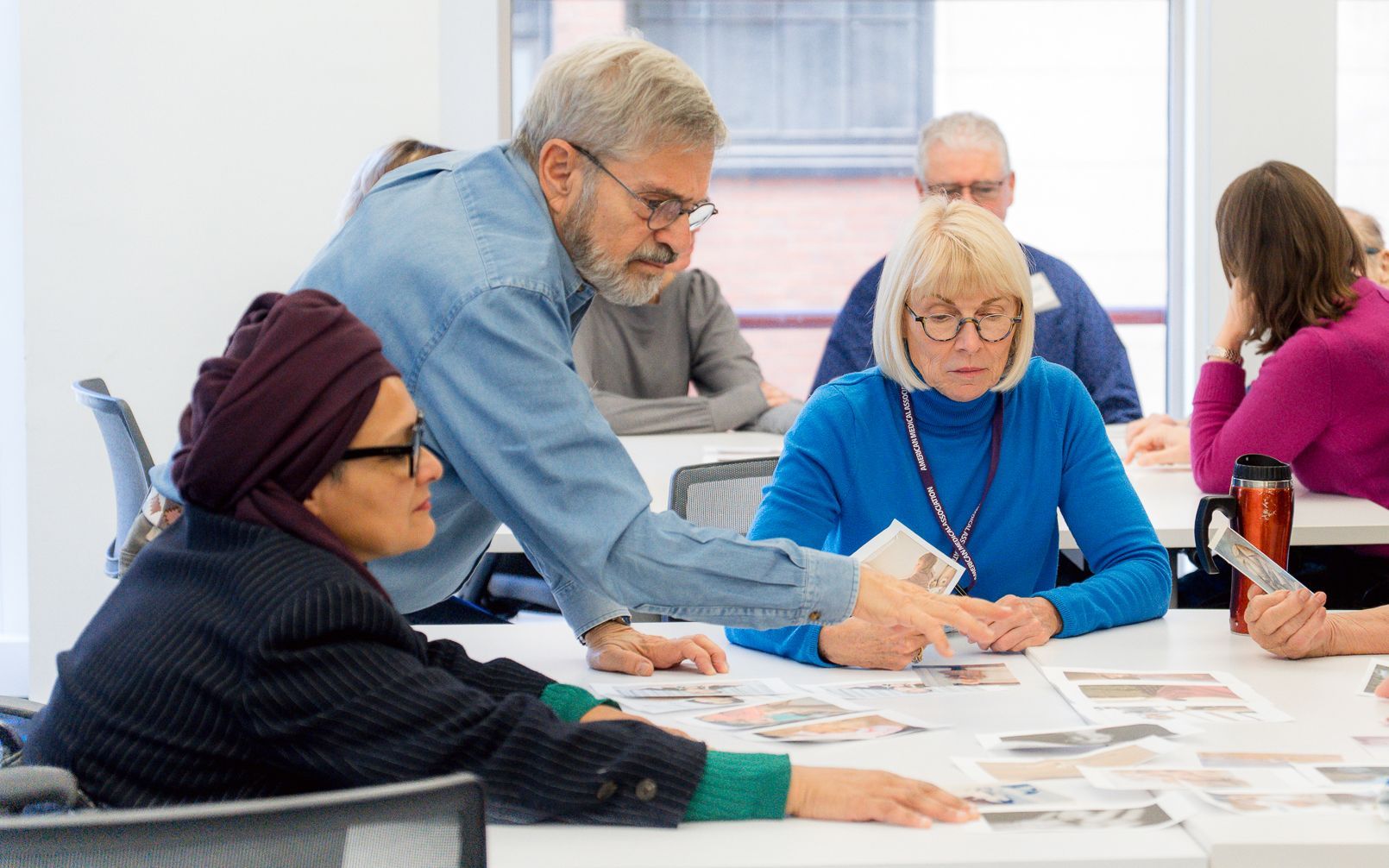
Dear Friends, Thank you for your ongoing support of GISC and for being an essential part of our global learning community. Each year, I’m reminded that GISC thrives because of the people who believe in our mission and commit themselves to creating a better world. Those who know GISC know what powerful catalysts self-awareness, personal growth, and embodying a Gestalt approach can be for creating positive change. This past year, we settled into our downtown Boston offices at the Nonprofit Center—a building dedicated to nonprofit advancement and social change. It is a fitting home for GISC, reflecting the values, vibrancy, and connection essential to our own mission:

Dear GISC Faculty, Staff, and Members, I am deeply honored to have been asked to lead the GISC Board as the new Chair. GISC is an organization that has profoundly shaped my personal and professional growth, and I know it has done the same for many of you. I am filled with energy and optimism about the future of GISC. We have an incredible opportunity ahead of us to evolve our programs, broaden our reach, and foster a more diverse and inclusive environment for both faculty and participants. As we move forward, we must also recognize the unique position GISC holds in today’s world. At a time when humanity and community face unprecedented challenges, we have the opportunity to stand as a beacon of hope and resilience. Our values of connection, empathy, and seeking common ground are more important than ever. By bringing our unique approach to communities and organizations dedicated to social justice and leadership, we can make a significant impact. The board has the responsibility of supporting CEO Laurie Fitzpatrick in achieving ambitious goals aligned with GISC’s mission. We must also work to enhance GISC’s presence, attract partners and resources to ensure sustainability and growth, and uphold the highest standards of legal, ethical, and financial integrity. I am excited to embark on this journey alongside the board, Laurie, staff, and faculty and look forward to what we will accomplish together. Warm regards, Rod -- Roderick Allen Chair, GISC Board of Directors Principal, Cipher Consultants (917)455-8994 LinkedIn - www.linkedin.com/in/roderick-allen/

Dear Friends, Thank you for your ongoing support of GISC and for being such a vital part of our global learning community. Together, we’ve continued to build on the transformative work that has defined GISC for decades. I’m excited to share some highlights of the past year and invite you to join us in shaping our next chapter. After more than 20 years in Wellfleet, we’ve embraced a new home in downtown Boston. Our new offices are located in a vibrant building dedicated to nonprofit advancement and social change, a perfect reflection of GISC’s mission to foster meaningful growth in the individuals and organizations we serve. While we will always cherish our Cape Cod roots, this move enhances our ability to connect with a broader community and expand our impact in new and exciting ways. GISC remains the place that brings diverse individuals together, in community, over time, for deep transformative learning. These shared experiences enable participants to multiply their impact for larger systems change. This year, our mission came to life with participants from 25 countries across all continents joining our online and in-person programs—an increase from prior years and a powerful testament to the global relevance of our work. In November, our faculty gathered for a three-day retreat, which deepened our sense of connection and reaffirmed GISC’s dedication to diversity, equity, inclusion, and belonging. This retreat will allow us to better foster a sense of belonging in our programs, continue to develop our theory, and align our Gestalt approach with the principles of inclusivity and shared growth. We’ve expanded our program offerings to include new open-enrollment and customized trainings for organizations, addressing critical topics such as psychological safety and inclusive leadership. And we continue to develop new programs to meet the needs of today’s leaders and professionals. In 2024, we launched a free monthly series for psychotherapists, Conversations with Clinicians: Life and Practice through a Gestalt Lens, enriching our commitment to the therapeutic community. Board member Shanaaz Majiet from Cape Town, South Africa, captured the heart of GISC’s work when she shared, “I believe our GISC mission has new relevance in an era of relationships for a better world.” Indeed, the relationships we cultivate and the communities we build are at the heart of everything we do—and it is your passion, support, and dedication that make it all possible.

When most coaches and clients think about coaching work, they see it as void of racism, sexism, sexual orientation, ableism, bias and intersectionality to name only a few experiences. They may also ignore the presence of these lifelong experiences in a coachee or themselves. As John Leary-Joyce the author of The Fertile Void: Gestalt Coaching at Work, states,

Dear Friends, Thank you for your ongoing support of GISC and for being such a vital part of who we are as a global learning community. This year, I have some important and exciting news to share. For many months, the GISC Board of Directors and I have worked together to develop a strategic vision to take GISC into the future. Our aim is for GISC to be the place that brings diverse individuals together, in community, online and in accessible in-person environments, for meaningful, transformative learning, so they can multiply their impact for larger systems change. We know this is achieved through relevant programming, experiences that are deep and build mastery over time, a focus on diversity, inclusion, and belonging – and by continuing to evolve as an organization. To this end, last month, the board made the strategic decision to put the Nevis Meetinghouse in Wellfleet up for sale and move our center of operations to Boston, Massachusetts. After the trials of Covid and the societal shifts we’ve seen since, it’s become clear that our greatest opportunities lie off-Cape, online, and in new places in the US and abroad. Making this decision is the best way we know to honor the legacy of our founders, Edwin and Sonia Nevis, and expand our important mission. While the building in Wellfleet has been a cherished physical home to many of us, it’s been the profound insights and lifelong relationships created there and elsewhere that are the most valuable treasure we share. Together, over many years, we’ve formed and re-formed community to hold our greatest hopes and aspirations as humans and professionals. “The Center” is indeed a community – it is you, our participants, members, supporters, faculty, and friends – not a physical space. This change will allow for greater accessibility and open up new opportunities for collaboration and partnerships in education, healthcare, and the helping professions. It will better enable thought leadership and our commitment to equity, diversity, and inclusion, expanding our impact in the world. While we understand that this news may bring sadness to some, we hope you will also join in our excitement for new ways of becoming all we can be – with all the creativity and liveliness that change can bring – while holding onto the essence of who we are and what makes GISC special. Please be a part of making this new vision a reality with your continued support and give generously to GISC this year. Your gift of $1,000 will place you in our Founders Circle, and every unrestricted gift of $125 or more includes a GISC membership. Our members are entitled to special perks and program discounts and will receive an invitation to our Virtual Town Hall to learn more and share thoughts on our vision for GISC. We also welcome gifts directed to our Scholarship Fund, Clinical Initiatives, DEIB work, Faculty Development – or your own area of interest.
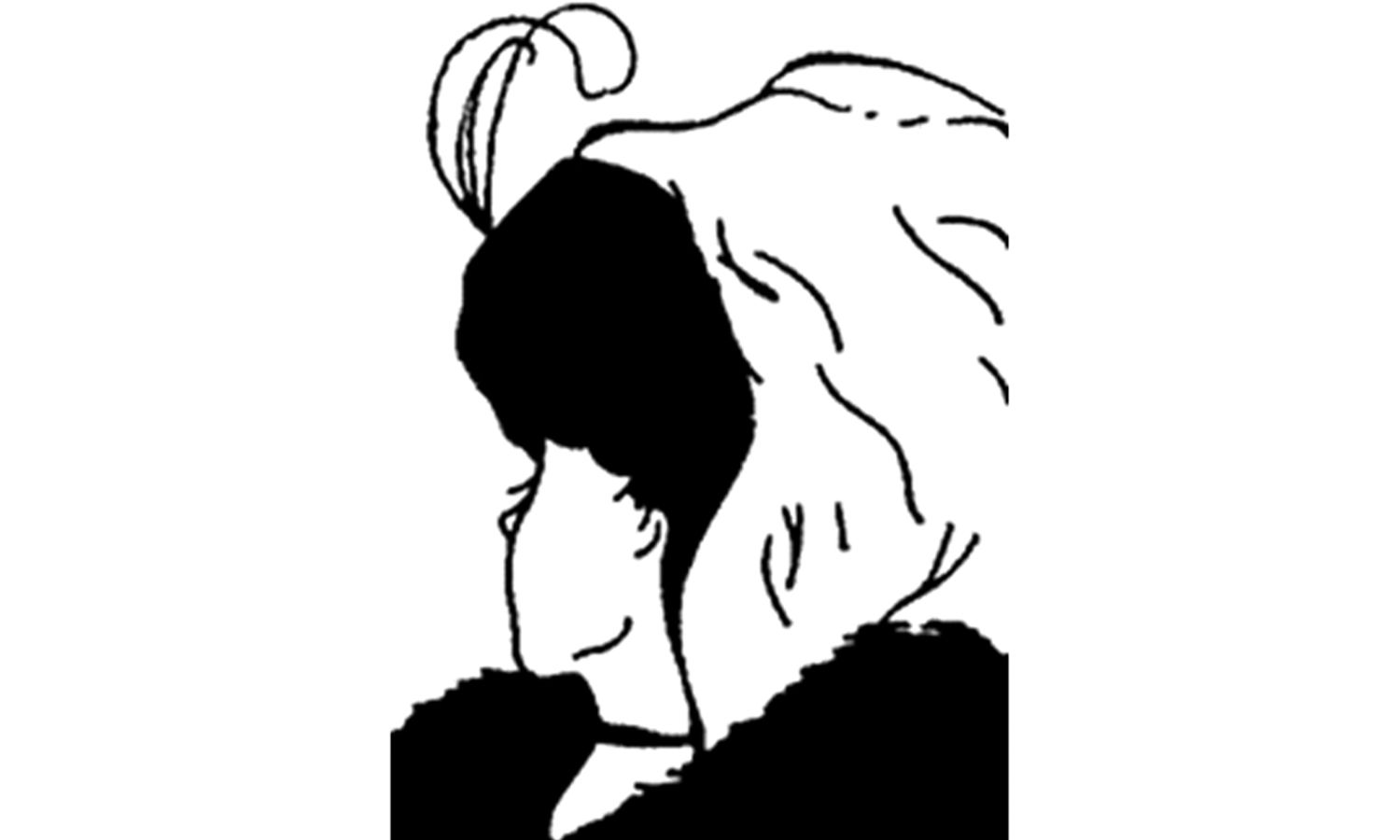
Lately, as I sit with clients, I have found myself exploring the experience of not knowing. It's notable because I have spent so much of my professional life wanting to learn and grow ...which necessarily involves knowing things. I assume we all do that. But as I said, I have been exploring "not knowing". I find I am enjoying "not knowing". Perhaps it's really the experience of not having to know. I think this is making me a better practitioner...therapist, coach, consultant. It provides me a lot of freedom. However, the road to "not knowing" has not been comfortable for me. It's too close to the experience of feeling "stupid". Perhaps turning 66 has helped. It brought to mind picture of the Old Lady and the Young Lady:

Dear Friends, We at GISC are grateful for you, our donors, members, and participants, for playing such a vital role in bringing GISC’s powerful Gestalt approach to so many, “transforming the way we live and work in the world.” Our community is the heart and soul of this organization, and we thank you. GISC is better poised than ever to reach more people and to make the kind of impact so needed in the world today. We’re taking our Gestalt Leadership Development training into more organizations and creating a clinical initiative to develop and promote new offerings for psychotherapists. We’re working to become more accessible, experimenting with delivery at central in-city locations and by optimizing our online presence. And we’re actively educating ourselves as a community on issues of diversity, equity, and inclusion, to grow as an organization and be a place where everyone called to this work feels they belong. The brilliance and legacy of GISC founders Sonia March Nevis and Edwin Nevis equipped us well to bring our own solutions to the problems individuals and organizations face today, and still, we must continue to develop ourselves and prepare new generations of coaches, leaders, and practitioners. As luminaries in the Gestalt world age, retire, or, sadly, pass away, we’re reminded of the imperative to carry this legacy forward, person to person. As 2022 draws to a close, we’d like to ask for your continued help in bringing GISC’s important work into the world. Your gift will support these and other initiatives: Faculty Development – to support our faculty community and offer advanced training. Equity, Diversity, Inclusion, and Belonging – to move GISC and those we train to a place of awareness, equity, and competence for living in a diverse and multicultural world. Scholarship Fund – so we can continue to provide scholarship assistance to those who need it. Clinical Initiative – to develop new offerings for mental health professionals. Virtual Delivery – to bring our rich GISC experiences to wider audiences online. Please give today to support our work and expand our global community. You can donate online by clicking the button below or by check via mail, directing your gift to your favorite initiative or to the general fund. Again, this year, we invite you to join our Founders’ Circle with your gift of $1,000 or more. All contributions of $125 or more will entitle you to a free GISC membership for 2023.

